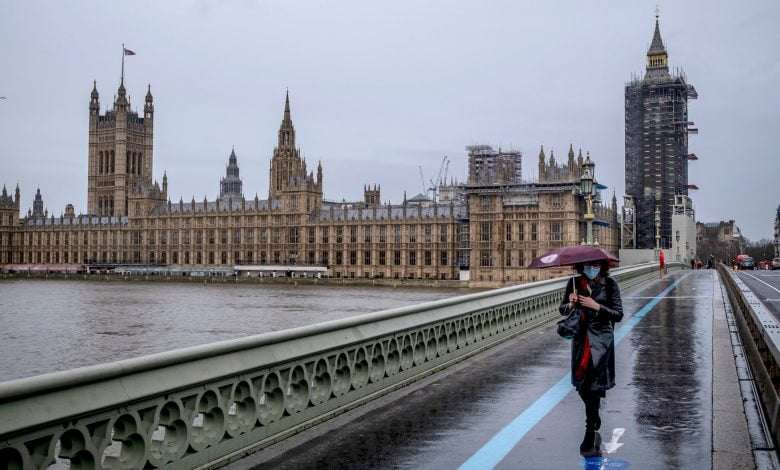Military history of the United Kingdom

Interwar years and the Second World War
Main articles: Interwar Britain, Military history of the United Kingdom during World War II, and United Kingdom home front during World War II
By the mid 1920s most of the British population could listen to BBC radio programmes.[117][118] Experimental television broadcasts began in 1929 and the first scheduled BBC Television Service commenced in 1936.[119]
The rise of Irish nationalism, and disputes within Ireland over the terms of Irish Home Rule, led eventually to the partition of the island in 1921.[120] The Irish Free State became independent, initially with Dominion status in 1922, and unambiguously independent in 1931. Northern Ireland remained part of the United Kingdom.[121] The 1928 Act widened suffrage by giving women electoral equality with men. A wave of strikes in the mid-1920s culminated in the General Strike of 1926. Britain had still not recovered from the effects of the war when the Great Depression (1929–1932) occurred. This led to considerable unemployment and hardship in the old industrial areas, as well as political and social unrest in the 1930s, with rising membership in communist and socialist parties. A coalition government was formed in 1931.[122]
Nonetheless, “Britain was a very wealthy country, formidable in arms, ruthless in pursuit of its interests and sitting at the heart of a global production system.”[123] After Nazi Germany invaded Poland, Britain entered the Second World War by declaring war on Germany in 1939. Winston Churchill became prime minister and head of a coalition government in 1940. Despite the defeat of its European allies in the first year of the war, Britain and its Empire continued the fight alone against Germany. Churchill engaged indu
stry, scientists, and engineers to advise and support the government and the military in the prosecution of the war effort.[123] In 1940, the Royal Air Force defeated the German Luftwaffe in a struggle for control of the skies in the Battle of Britain. Urban areas suffered heavy bombing during the Blitz. The Grand Alliance of Britain, the United States and the Soviet Union formed in 1941 leading the Allies against the Axis powers. There were eventual hard-fought victories in the Battle of the Atlantic, the North Africa campaign and the Italian campaign. British forces played an important role in the Normandy landings of 1944 and the liberation of Europe, achieved with its allies the United States, the Soviet Union and other Allied countries. The British Army led the Burma campaign against Japan and the British Pacific Fleet fought Japan at sea. British scientists contributed to the Manhattan Project which led to the surrender of Japan.
